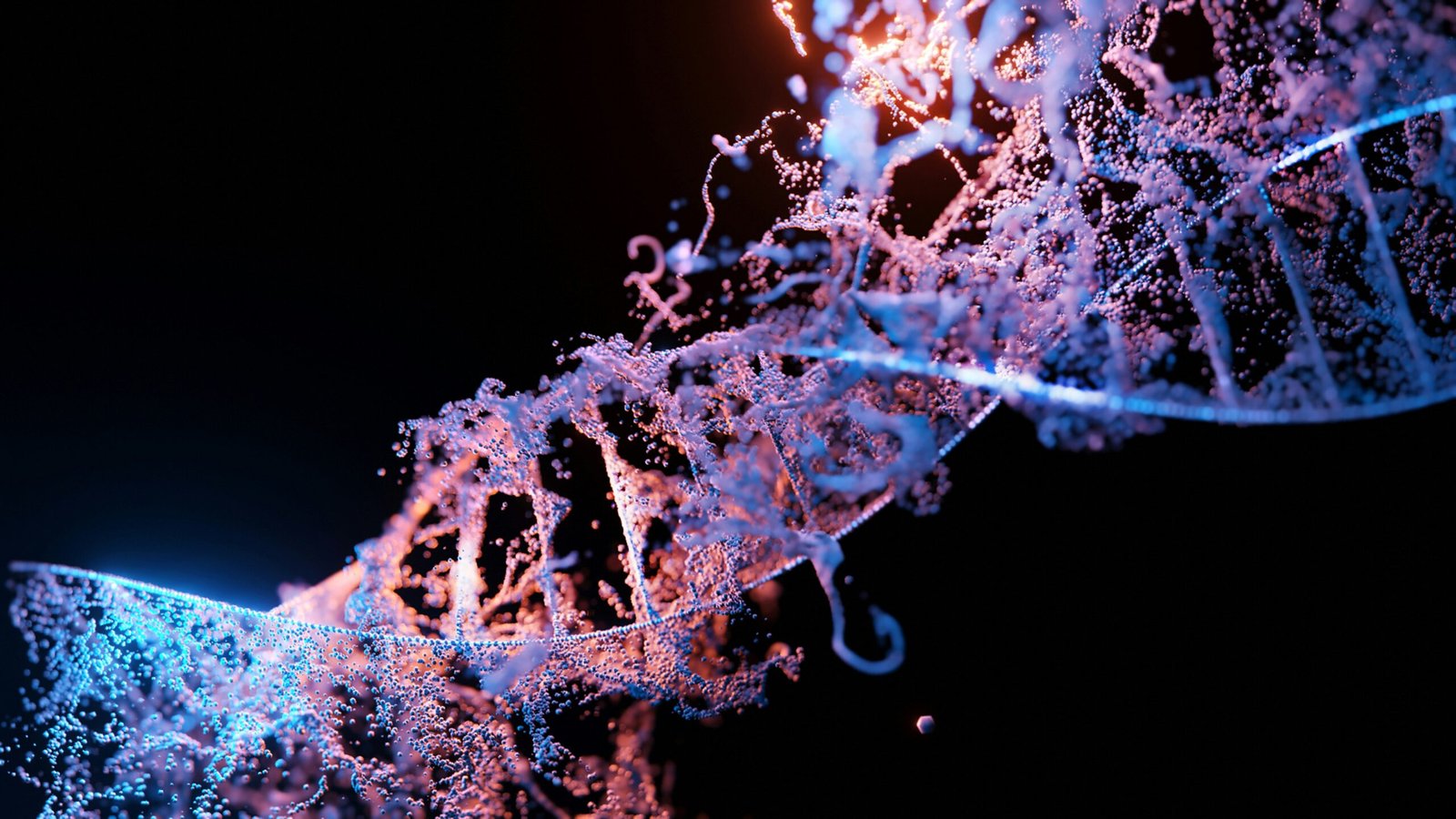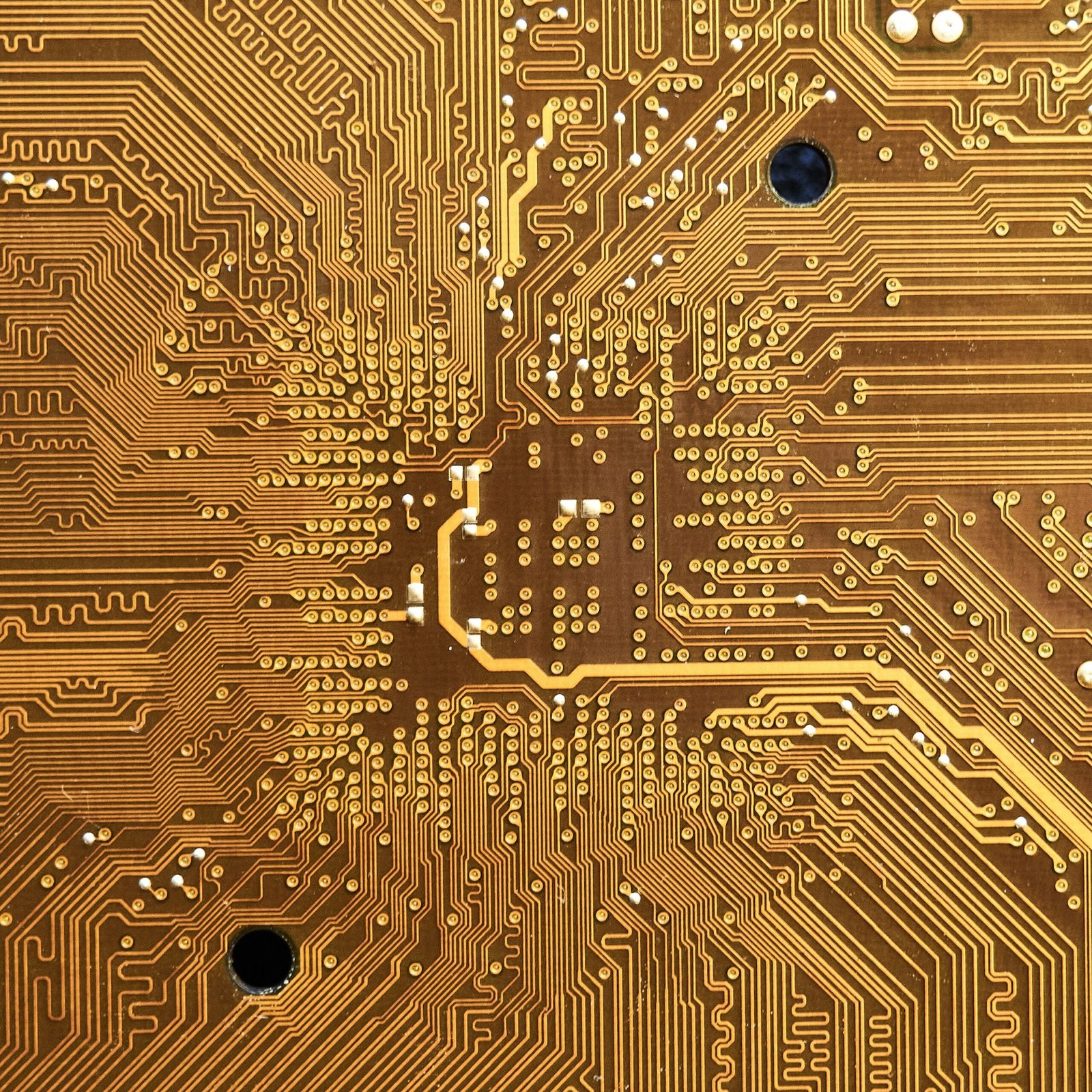CRISPR and Gene Editing: A Revolution in Medicine

In recent years, the field of gene editing has witnessed a revolutionary breakthrough with the development of CRISPR-Cas9 technology. CRISPR, which stands for Clustered Regularly Interspaced Short Palindromic Repeats, is a powerful tool that has the potential to revolutionize medicine as we know it.
Understanding CRISPR-Cas9
CRISPR-Cas9 is a gene editing technique that allows scientists to make precise changes to an organism’s DNA. It consists of two components: the Cas9 protein, which acts as a pair of “molecular scissors,” and a small RNA molecule that guides the Cas9 protein to the specific location in the genome where the desired edit needs to be made.
By using CRISPR-Cas9, scientists can add, remove, or modify specific genes, opening up a world of possibilities for treating genetic diseases, improving agricultural crops, and even addressing environmental challenges.
Applications in Medicine
CRISPR-Cas9 has the potential to revolutionize medicine by offering new ways to treat genetic diseases. Currently, many genetic disorders have no cure, and treatments often focus on managing symptoms rather than addressing the underlying cause.
With CRISPR-Cas9, scientists can target the root cause of genetic diseases by editing the faulty genes responsible for the condition. This could lead to the development of more effective treatments and even potential cures for diseases such as cystic fibrosis, sickle cell anemia, and muscular dystrophy.
Besides treating genetic diseases, CRISPR-Cas9 can also be used to enhance the effectiveness of existing therapies. By modifying immune cells, for example, scientists are exploring the possibility of creating personalized cancer treatments that target specific tumor cells while leaving healthy cells unharmed.
Ethical Considerations
While CRISPR-Cas9 holds immense promise, it also raises ethical concerns. The ability to edit genes brings up questions about the potential for “designer babies” and the alteration of inheritable traits. These concerns have spurred ongoing debates and discussions about the responsible use of gene editing technologies.
Regulatory bodies and scientific communities around the world are working to establish guidelines and ethical frameworks to ensure that gene editing is used for the betterment of humanity without crossing ethical boundaries. It is crucial to strike a balance between advancing medical knowledge and respecting the principles of informed consent, equal access to treatment, and the preservation of human dignity.
Future Possibilities
The potential applications of CRISPR-Cas9 extend far beyond treating genetic diseases. Scientists are exploring its use in agriculture to develop crops that are more resistant to pests, diseases, and climate change. This could help address food security challenges and reduce the environmental impact of agriculture.
Furthermore, CRISPR-Cas9 has the potential to unlock new avenues for understanding human biology and disease. By studying the effects of specific gene edits in animal models, scientists can gain insights into the molecular mechanisms underlying various conditions, paving the way for the development of novel therapies.
Conclusion
CRISPR-Cas9 represents a significant leap forward in the field of gene editing, offering unprecedented precision and efficiency. Its potential applications in medicine are vast, from treating genetic diseases to enhancing existing therapies. However, ethical considerations must be carefully addressed to ensure responsible use and avoid potential misuse. As research continues, CRISPR-Cas9 holds the promise of transforming the way we approach medicine, agriculture, and our understanding of the natural world.







Skapa personligt konto
January 31, 2024Your point of view caught my eye and was very interesting. Thanks. I have a question for you.